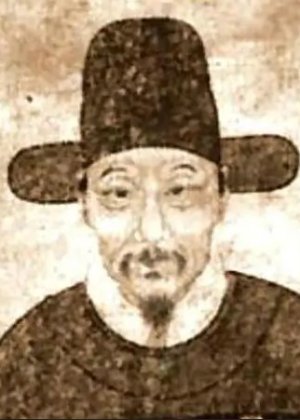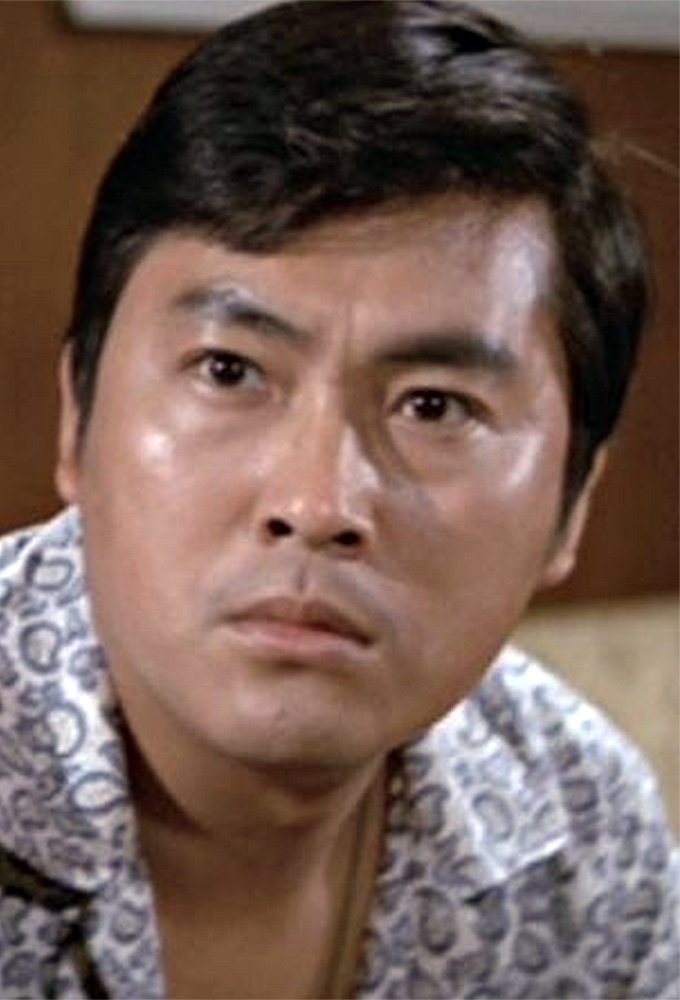

The book represents the first systematic research effort on the English Translations of Jin Ping Mei. The notions of agency, habitus and capital are introduced for the examination of the transference of linguistic, literary and cultural aspects of the two translations. New 'Lightyear' trailer ‘Fast & Furious 10’ is now ‘Fast X’ 'Thor: Love and Thunder' First Trailer. The Forbidden Legend: Sex & Chopsticks 2 merupakan sebuah karya ultra-eksploitasi yang diadaptasi dari novel Tiongkok abad ke-17 yang terkenal, The Plum in the Golden Vase. It also conducts textual comparisons to uncover the translation norms at work in the only two complete renditions, namely The Golden Lotus by Clement Egerton and The Plum in the Golden Vase by David Roy. Film ini merupakan Sekuel dari pendahulunya The Forbidden Legend (Jin ping mei) (2008) yang kurang begitu laris dipasaran. Working within the framework of descriptive translation studies, this book provides a translational history of the English versions of Jin Ping Mei, supported by various paratexts, including book covers, reviews, and archival materials. So far there have been more than a dozen English adaptations and translations of the novel. Acclaimed the ‘No.1 Marvellous Book’ of the Ming dynasty, Jin Ping Mei was banned soon after its appearance, due to the inclusion of graphically explicit sexual descriptions. Maybe a more extensive reading of three works mentioned above would reveal other similar cases.This book investigates the English translations and adaptations of the sixteenth century classic Chinese novel Jin Ping Mei. Still, it shows that despite its ambiguous status the Manchu Jin ping mei could have acted as a source for Manchu idioms, to be passed on to learners of the language.

Of course the sentence may have traveled indirectly from the Jin ping mei to the Cing wen king to the Muwa gisun. niyaki bihe seme giyanakū udu.ĭespite minor differences in detail (genitives overtly marked or not, use of nišargan instead of the chinese loanword yoo, adaptation to the context by changing meni geren niyalma to bi), the filiation seems clear enough. There, the sentence is used as part of a dialogue.īi uthai singgeri i uncehen de nišargan banjiha adali. 3 gi trc, mrhahn said: Kinh in, e PKL có cp vu to p mê hn em y hình nh là ng Nht, ging em Asami Tokita vãi :v Chia s. the school book of Leping, an 11-year old boy learning Manchu, possibly in the late 18 th c. Kinh in, e PKL có cp vu to p mê hn 1 person likes this. The same sentence can also be found in the Muwa gisun, i. Singgeri i uncehen de yoo banjiha i adali niyaki bihe seme giyanakū uduĪnd this is not the whole story.

“we don’t have much money”.Ĭing wen ki meng (1730, ilaci debtelin, f☁1b) “But we are like ulcers on a rat’s tail, there’s not much pus in them.”, i. Admired in its own time for its literary qualities and biting indictment of the immorality and cruelty of its age, it has also been denigrated as. 1, f☁5b)ĭamu meni geren niyalma uthai singgeri uncehen de yoo banjiha adali. A saga of ruthless ambition, murder, and lust, The Golden Lotus (Jin Ping Mei) has been called the fifth Great Classical Novel in Chinese literature and one of the Four Masterworks of the Ming novel. This is why it is funny to note that at least one sentence of the Manchu translation of the novel found its way into the classic Manchu primer Cing wen ki meng (清文启蒙, published in 1730), where it illustrates the use of the construction bihe seme. Given these facts, you would not expect the Jin ping mei to be used as reading material for learners of Manchu in the 18 th and 19 th c. The reputation of the novel was such that the circumstances leading to the production of a Manchu translation, apparently done in circles close to the court, remain to this day something of an enigma. That the Jin ping mei ( 金瓶梅/ Gin ping mei bithe) could have been translated in Manchu and published in 1708, not so long after the book had been banned, is remarkable.


 0 kommentar(er)
0 kommentar(er)
